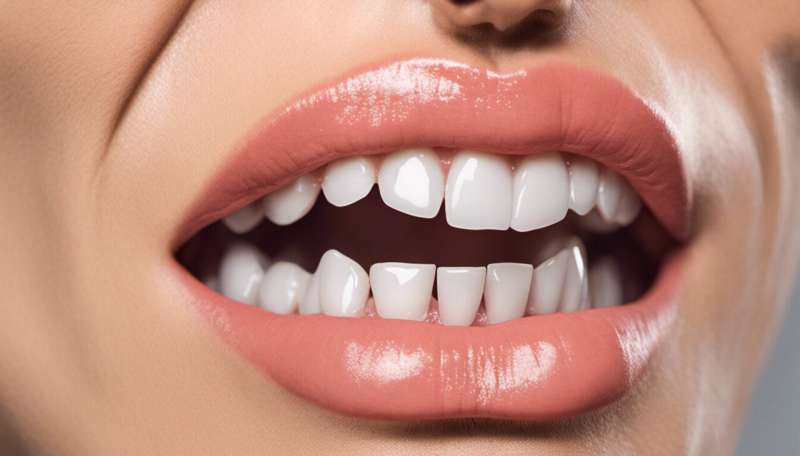
To combat viruses, one of humankind’s oldest threats, researchers are studying predators with the oldest adaptive immune system in the animal kingdom: sharks.
Fossil evidence suggest sharks first existed 420 million years ago, predating humanity, Mount Everest and even trees. Over the course of time, sharks and other fish with cartilage skeletons developed what is now believed to be the oldest adaptive immune system in the animal kingdom.
According to a recent study published in Nature Communications, these ancient predators and their prehistoric immune systems may also be key to developing effective COVID-19 treatments.
Professors Aaron LeBeau of the University of Wisconsin and Hideki Aihara of the University of Minnesota used the Advanced Photon Source (APS), a U.S. Department of Energy (DOE) Office of Science user facility at DOE’s Argonne National Laboratory, to look at nurse shark antibodies. With exquisite resolution, the APS’s extremely bright X-ray beams showed that variable new antigen receptors (VNARs), the smallest unit of a shark antibody, can stop SARS-CoV-2, the virus that causes COVID-19 and its variants.
An antibody, whether human or shark, binds to a virus protein when a region of molecules called amino acids from the antibody encounters a similar region on the virus protein. In humans, these amino acid regions tend to only bind one flat surface to another, just as a sticker would adhere to a bowling ball. In sharks, the VNARs’ amino acids bind not only to flat parts of a target protein, but also bind snugly inside deeper grooves. This means that instead of sticking only to the surface of the bowling ball, shark VNARs could bind tightly and flexibly into the ball’s finger holes as well. This heightened molecular dexterity means shark VNARs can access pockets in the SARS-CoV-2 spike protein that existing human antibodies cannot.
In their study, the researchers put three shark VNARs to the test against SARS-CoV-2. They used the Northeastern Collaborative Access Team (NE-CAT) beamlines 24-ID-C and 24-ID-E at the APS to observe crystalline structures of the samples.
“Structurally, it was surprising that the two VNARs had such different modes of recognition of the virus spike protein,” said Cornell University’s Surajit Banerjee, a staff scientist at NE-CAT and an author on the paper. “The shark antibodies neutralized the proteins in ways we weren’t expecting.”
Functionally, however, the shark VNARs proved highly stable, as effective as or better than current treatments for COVID-19, and resilient to the changing structures of variants. This may help in the development of new treatments for SARS-CoV-2 variants, such as delta and omicron.
The VNARs also showed promise as therapeutics for other known beta coronaviruses and future emergent diseases. They appear able to identify and bind to regions of amino acids that are the same among different coronaviruses.
The small size of the VNARs, their resilience and their cost-effective availability are all reasons why the researchers believe there is more to learn from the study of shark adaptive immune systems. It may even be possible to formulate VNAR “cocktails” to treat SARS-CoV-2 infection in individuals who are already infected or who are at immediate high risk of infection. Such a therapy would not replace vaccination, but it would be a useful tool for critically ill patients.
“The crystallography studies at APS allowed us to make reliable conclusions about the nature of the VNAR-spike interactions,” said LeBeau. “That will pave the way for the next phases in development of VNAR therapy for COVID-19.”
Obinna C. Ubah et al, Mechanisms of SARS-CoV-2 neutralization by shark variable new antigen receptors elucidated through X-ray crystallography, Nature Communications (2021). DOI: 10.1038/s41467-021-27611-y
Citation:
Shark antibodies may have the teeth to stop COVID-19 (2022, June 1)
retrieved 1 June 2022
from https://medicalxpress.com/news/2022-06-shark-antibodies-teeth-covid-.html
This document is subject to copyright. Apart from any fair dealing for the purpose of private study or research, no
part may be reproduced without the written permission. The content is provided for information purposes only.


